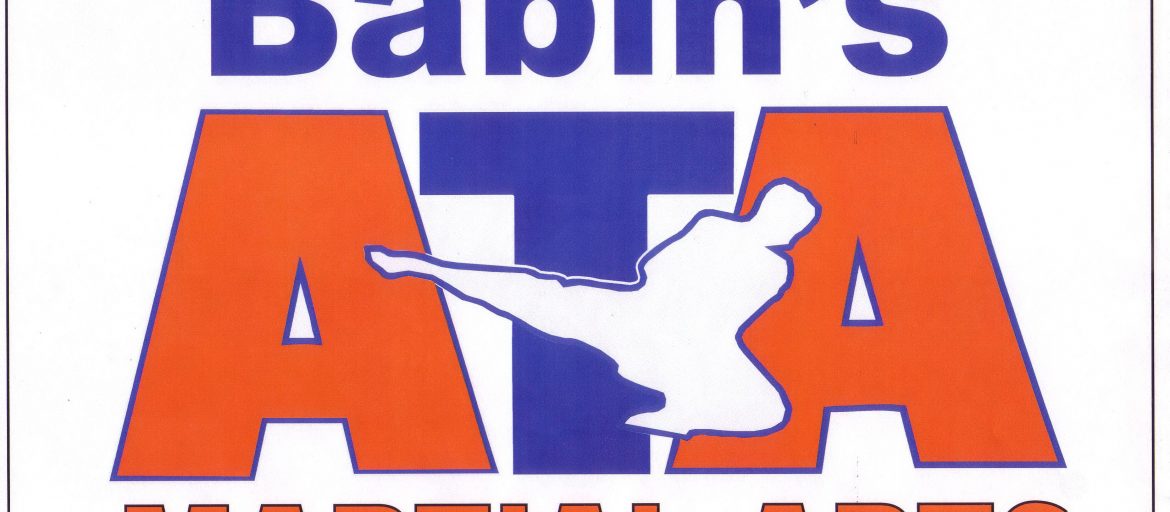Here’s a thought:
do you allow your Taekwondo students to ask questions in class?
i’d like to get some input on this topic. i mean, basically, do you allow a student, after you have given instructions on a drill or exercise, to ask a question before the exercise begins?
post a comment!
senior master babin





Donna On August 10, 2009 at 9:47 pm
Sir,
I do allow students to ask questions, as long as it is relevent to what we’re doing and they ask properly. A lot of times questions will turn into stories (with younger children) and I ask them to save their story for after class.
Thank you
Master Feiles On August 11, 2009 at 6:44 am
Short answer: YES.
Long answer: it depends. Tiny Tigers usually do “drills” in lines, one at a time. Because they mostly follow the instructor, it is easy to repeat instructions again and again as we go through the form or exercise or drill, even going so far as to give individual instruction as needed. There is no real need to see if the students have questions: they either follow correctly or they don’t.
The older the students, the more likely I am to give instructions, demonstrate, then ASK FOR QUESTIONS, then answer them, then begin the drill, monitor and adjust as we go. For drills and exercises, I almost always ask for a volunteer leader to demonstrate for the class as an indicator to whether my instructions were good. Because we mostly “move on command” I can adjust my instructions as we go based on whether they actually do what I want. Because they so rarely do anything “unsupervised”, questions are usually answered by the instructor before the student can even raise their hand.
For teens an adults, I usually invite questions after my instructions AND after the class segment AND at the end of each class. Tees and adults thrive more on understanding WHY and HOW than children. It is more necessary for them to get it right in their own head, while children thrive more on external motivators (like high fives, or stars) to confirm the result.
It is always important to maintain eye contact as you can usually see if your students are nodding understanding or staring blankly in your direction. Nevertheless, I always encourage questions if they have them with a proper raise of the hand. Students MUST feel comforable communicating with the instructor without fear of ridicule, or fear of embarrassing themselves or fear of injury.
I don’t always ask for questions, nor do I always answer every question in class (ie, I will ask the student to see me after class if appropriate), but every student knows that the instructors are there to help them if they need it; and asking questions is the fastest way to seek that help. Remember, the number of questions asked is a pretty good indicator as to whether the instructor is giving too much direction (that is, not breaking down the exercise enough for the age group).
Besides, 1 person asks it, 10 are thinking it…
Olemuel Cox On August 12, 2009 at 5:56 am
Sir:
Yes, I do allow students to ask questions; however, it depends on the circumstances and the student. In most cases, it is important to get the students moving as quickly as possible. When instructions are given, the technique, segment or drill is demonstrated and the students are instructed to begin. Adjustments can be made as the students are executing the drill and that provides an excellent opportunity to have personal contact with each student, make any necessary corrections, or more important to praise or highlight students. If I know a student is a habitual storyteller, I will usually ask them to get with me after class. That way, the students, especially the younger ones, are acknowledged and feel a sense of positive rapport rather than rejection and that promotes confidence.
Carole Kincannon On August 12, 2009 at 10:13 pm
Yes, I allow questions, but in 2 ways. During class, after I explain a drill, I will ask if everyone understands/has questions about the drill. During announcements, I will ask if anyone has questions about things we’ve covered, or upcoming events. We try to keep everyone on track with what we’re covering.
I try to have an “open door” type of policy, for students and parents that have any questions or concerns. And every once in awhile, I get one of the really exceptional students that wants to know everything – where did EGM Lee come from, what is the meaning of everything, etc. The type of hour long question and answer times where I feel like I’m being quizzed!
Master Young On August 19, 2009 at 9:28 pm
Sir,
I completely agree with Master Feiles and operate the same way.
To take it one step farther kids that can learn to ask questions respectfully and effectively can take this lesson into their classrooms. Studies have shown that kids with the confidence to ask their teachers questions tend to get more attention and get better grades. Building this skill is very important and teaching them to do it in a non-disruptive way is key.
Doug Sullivan On August 23, 2009 at 6:43 am
Yes, I do. I give the instruction and ask if everyone understands. If there is a question I’ll answer it thoroughly, yet as quickly as possible. I don’t want to get bogged down answering a ton of questions.
Getting sidetracked into answering a lot of questions can be counter-productive. But a confused student who isn’t sure what they are supposed to be doing is even more counter-productive. We are there to help them get the most out of their training. If you ignore their questions, you are doing them a dis-service.
As for Tiny Tigers, I always acknowledge them, but try to re-direct their attention back to what we’re doing and make sure we are all still together and not distracted.
leesata On August 4, 2010 at 12:44 am
Yes I allow questions. I know that the communication style of my 15 instructors that teach in 5 different locations is not perfect. To expect the students to understand someone with a different dialect, language or speaking style might put them in such a state of confusion or mental prison by not being allowed to ask that they might not come back to class. I like questions because it means they are thinking. Myself and staff also can learn that their style of speaking is not clear if there are many questions and confusion. It is feedback for us too.
We do not allow questions like, “how many front kicks did you say?” or “my leg hurts can I modify?”. Our students know to just follow how many the senior student does when in doubt or to modify technique if there is an injury.
I would say I filter the questions for content before I decide to answer them. If it will only help one person I will tell them to see me after class, but if it will benefit everyone to hear the answer I will take up class time.
Your question is certainly difficult to answer with just yes or no. Thank you for asking the question and allowing us to comment.